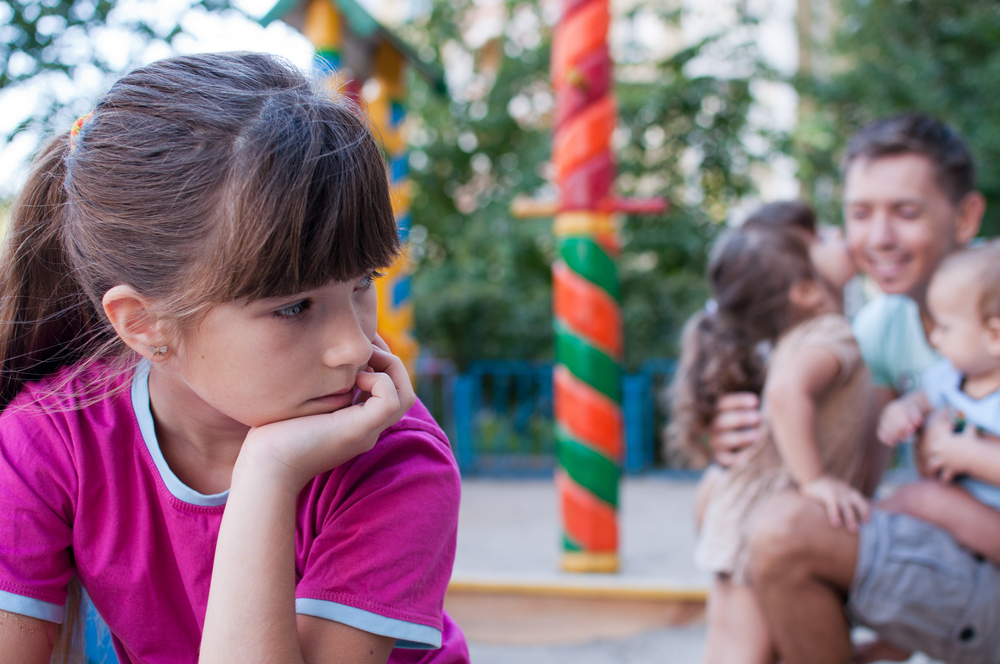Growing up in a family where favoritism exists can leave deep marks. While some parents try to divide attention equally, many children still notice differences in how they are treated compared to their siblings. The impact of favoritism is not just about childhood memories. It often carries into adulthood, shaping how people view themselves, others, and even their ability to build healthy relationships. Here are 20 expanded signs that suggest you may not have been the favorite child.
1. Your Achievements Were Overlooked
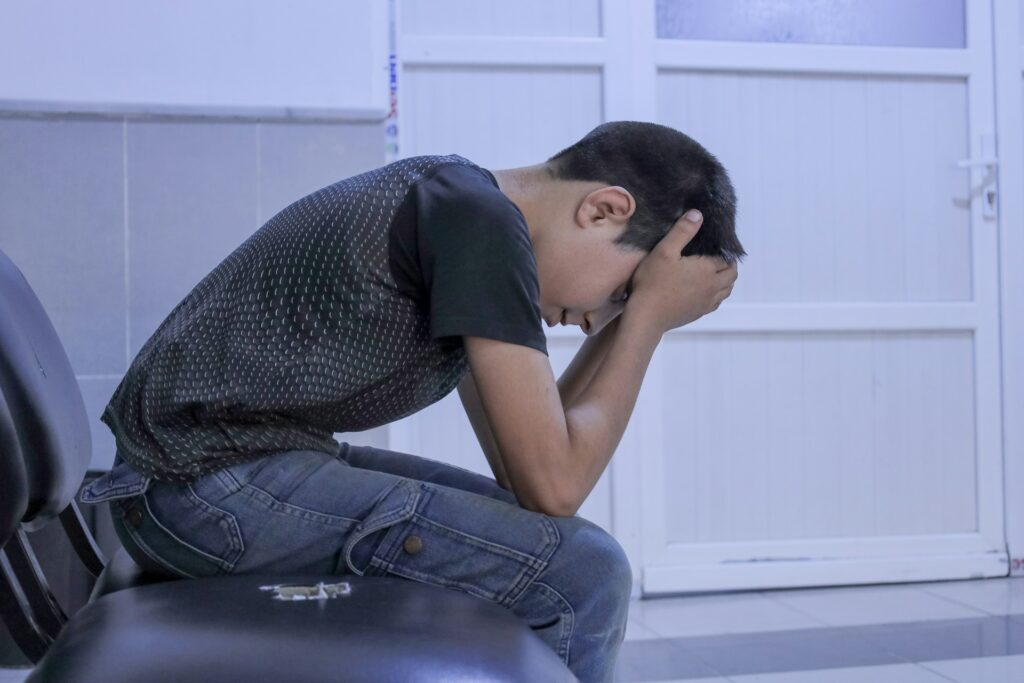
When a child accomplishes something, recognition helps boost their confidence and sense of self-worth. If you noticed that your sibling’s achievements were praised with excitement while yours were ignored, it may have signaled favoritism. For example, if you brought home good grades but your parents only celebrated when your sibling performed well in sports, you likely felt invisible. Over time, this lack of acknowledgment can leave you doubting whether your efforts matter. Many adults who experience this grow up struggling to celebrate their own wins because they never received validation in childhood.
2. Comparisons Were Constant
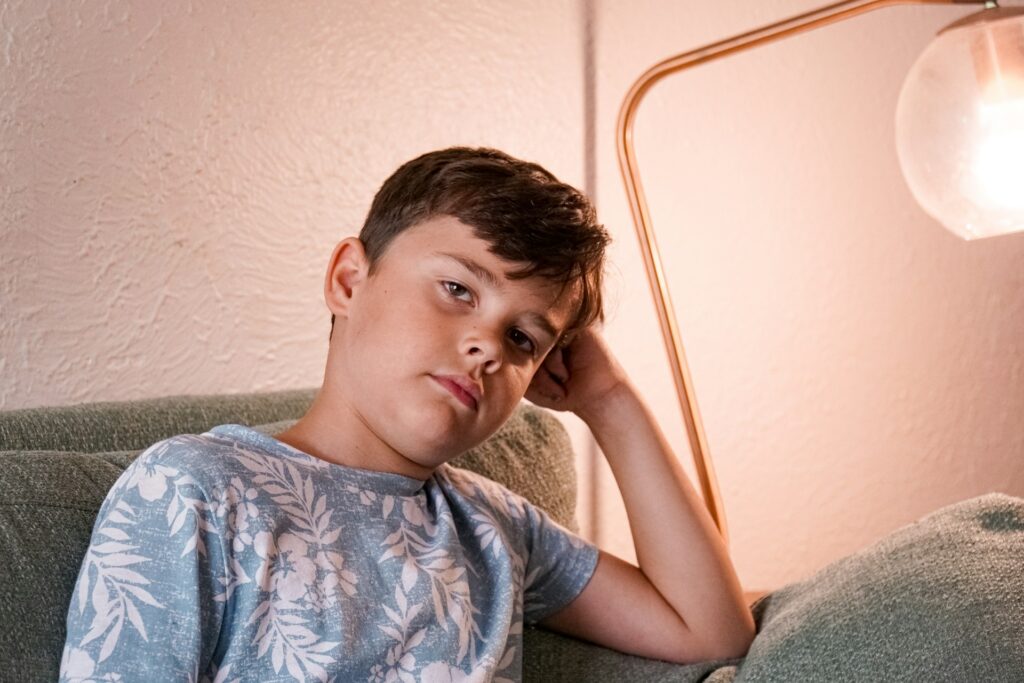
Parents who frequently compared you to your sibling might have believed it would motivate you to do better, but in reality it often backfires. Constantly hearing phrases like “Why can’t you be more like your brother?” or “Your sister never gives us trouble” creates feelings of inadequacy. Instead of building confidence, comparisons often plant seeds of resentment, both toward the sibling and the parent. Children raised this way may develop perfectionist tendencies or grow up with a nagging sense that they are never enough.
3. You Got Stricter Rules
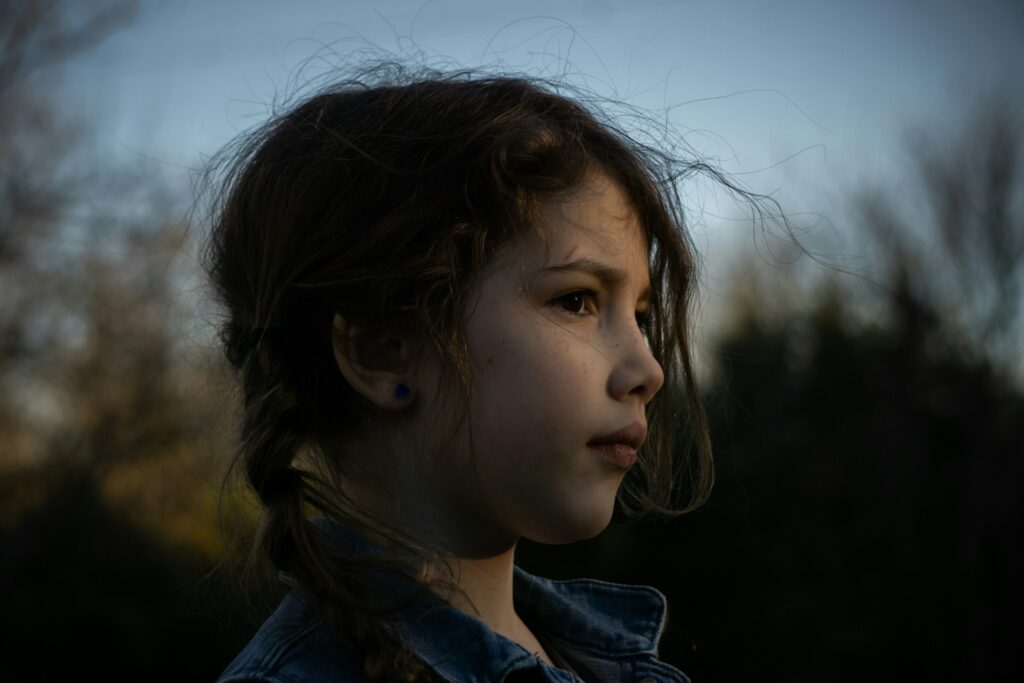
Unequal discipline is a common sign of favoritism. If you were punished more harshly than your sibling for the same mistakes, it likely created frustration and confusion. Some families justify stricter rules by saying the less favored child is more “responsible” or “stronger,” but this still places an unfair burden. For example, curfews, household responsibilities, or punishments may have been applied more heavily to you while your sibling got away with more freedom. This imbalance often teaches children that fairness is negotiable and that love is conditional.
4. You Rarely Received Praise
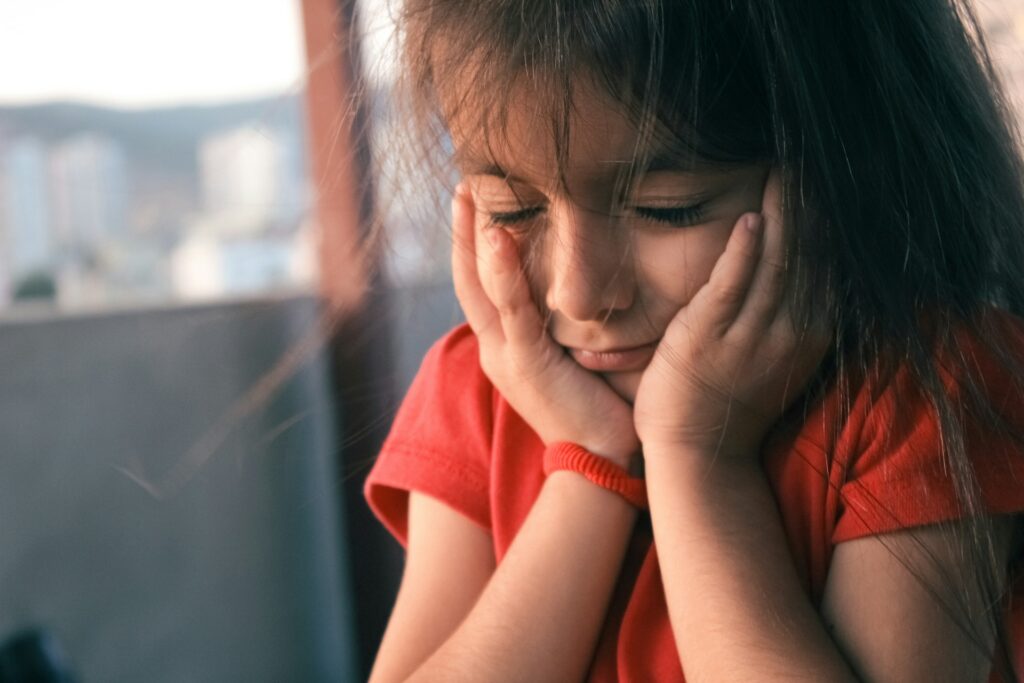
Praise is vital for children because it reinforces effort and builds confidence. If your parents rarely gave you compliments or encouragement, you may have grown up doubting your value. For example, if you spent hours working on a project and received silence while your sibling’s small achievements earned claps and cheers, it can be painful. Children who grow up without consistent praise may develop a constant need for external validation in adulthood. They may also find it difficult to accept compliments sincerely, since they are unaccustomed to receiving them.
5. Your Sibling’s Needs Came First
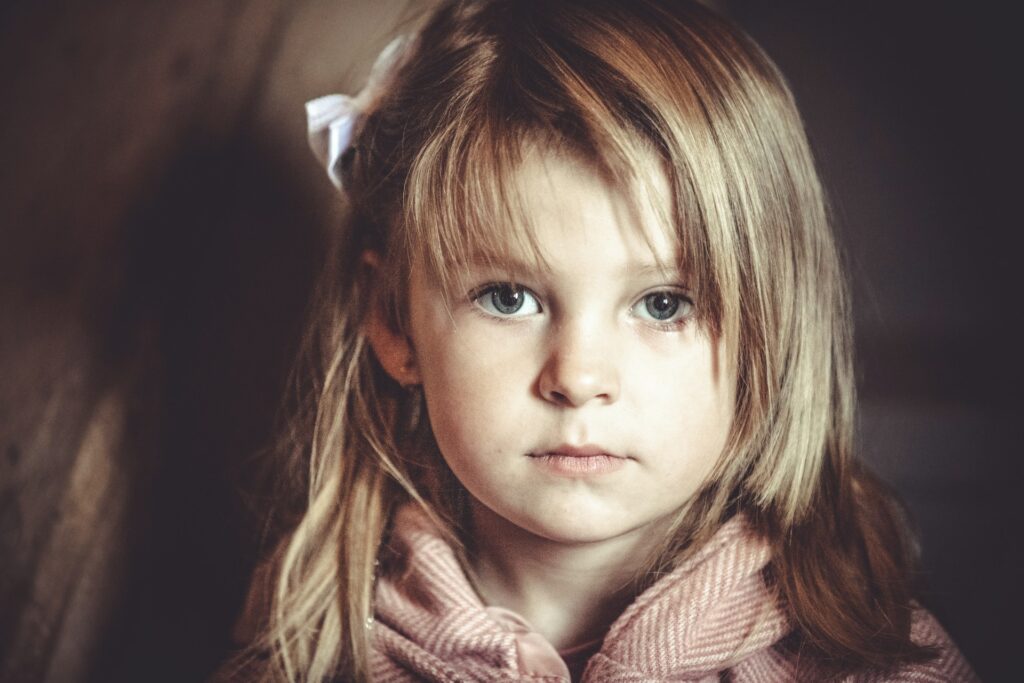
Families often have limited resources, whether it is time, money, or attention. If you regularly noticed your sibling’s needs were prioritized above yours, it may have been a strong sign of favoritism. Perhaps your sibling always got new clothes first while you received hand-me-downs, or they were allowed to choose family activities while your wishes were ignored. This sends a message that their happiness matters more. Over time, this imbalance can lead to a belief that your own needs should come second, influencing your relationships later in life.
6. You Got Less Physical Affection
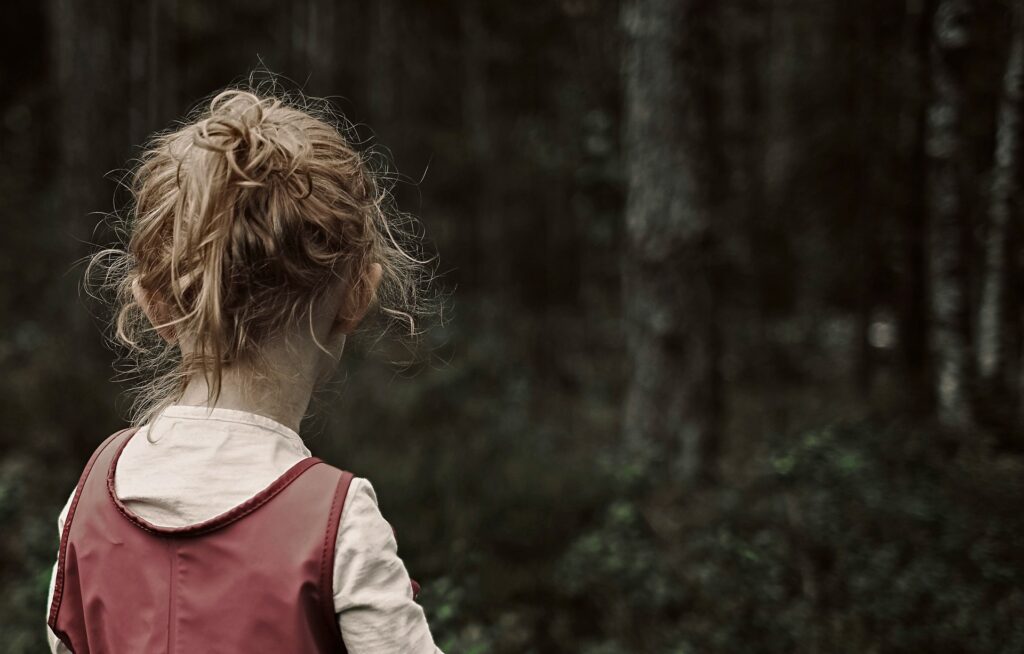
Physical affection is one of the most direct ways parents express love. If you received fewer hugs, less cuddling, or less reassuring touch compared to your sibling, it can create an emotional gap. Even if your parents did not intend harm, children notice these subtle differences. Research shows that lack of physical affection can contribute to trust issues and difficulty forming close bonds in adulthood. This lack of warmth often stays with people and can make them feel unworthy of affection, even in healthy relationships.
7. You Were Labeled the “Difficult One”

In some families, roles are assigned whether fairly or not. If you were constantly called the difficult, stubborn, or rebellious child, this label may have followed you for years. Meanwhile, your sibling might have been called the golden child, the angel, or the favorite. These labels are not always accurate reflections of behavior but once they are repeated, they stick. Being branded as the “difficult one” can impact how teachers, relatives, and even you yourself saw your identity. Many adults still struggle with the weight of this label decades later.
8. Your Opinions Were Ignored

Children feel valued when their opinions are heard. If you often spoke up but your parents dismissed your ideas or brushed aside your feelings, while giving attention to your sibling’s thoughts, it signals unequal treatment. For example, when deciding on family vacations or even small things like dinner choices, your input may have been disregarded. This consistent dismissal teaches children to stay quiet and believe their voice does not matter. As adults, they may hesitate to speak up at work, in relationships, or even in friendships.
9. You Felt Like the Outsider
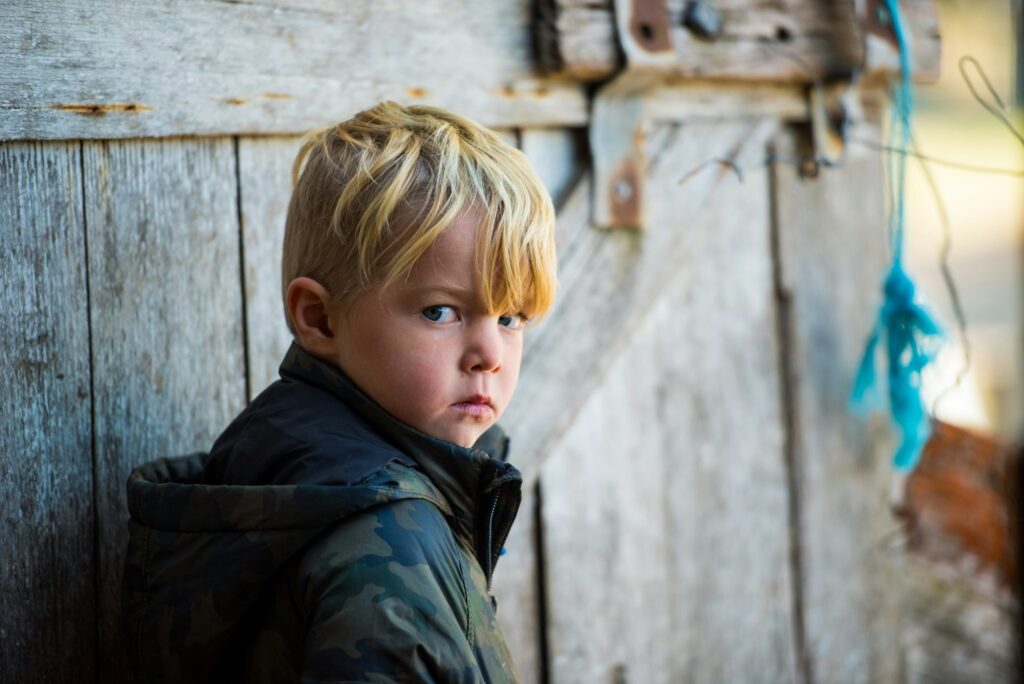
One of the most painful signs of not being the favorite child is feeling like you never fully belonged in your own family. This might have shown up during family jokes, bonding moments, or inside stories that seemed to exclude you. You may have felt like you were on the sidelines, watching your sibling enjoy more connection. Being treated as an outsider in your own home can create long-term struggles with belonging. Many people who grew up this way find themselves craving acceptance from groups or communities as adults.
10. You Got More Chores
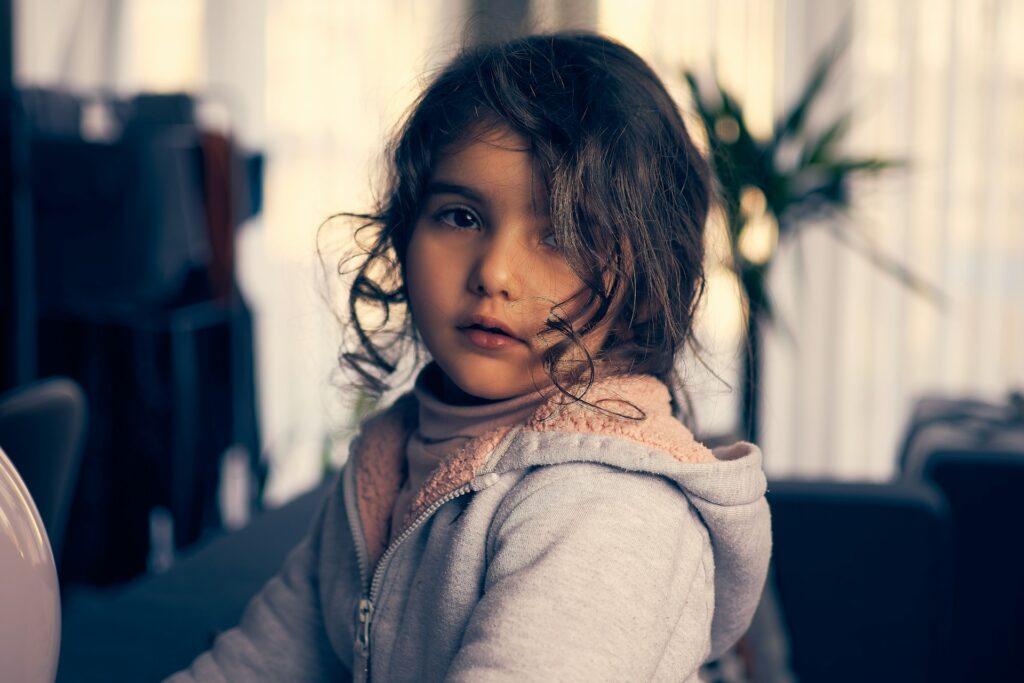
In many families, household responsibilities are not divided equally. If you were consistently asked to do more chores than your sibling, it may have reflected favoritism. This imbalance teaches children that one person’s time is more valuable than another’s. For example, you may have been tasked with cleaning, babysitting, or cooking while your sibling enjoyed more free time. While responsibility can build character, an unfair workload creates resentment and sends the message that you were less deserving of rest and fun.
11. Your Accomplishments Were Dismissed as Luck

If your efforts were minimized and described as luck instead of skill, you likely felt unappreciated. For example, winning a competition may have been brushed off with comments like “You got lucky” instead of recognizing your effort. Meanwhile, your sibling’s achievements may have been praised as the result of hard work and intelligence. Over time, this dismissal can cause you to undervalue your abilities and hesitate to take pride in your accomplishments. It also creates a lasting sense that recognition must be earned twice as hard.
12. You Were Compared Physically

Favoritism sometimes shows through appearance-based comments. If your sibling was praised for being attractive, slim, or tall while you received criticism or negative comparisons, it may have shaped your self-image. These small but repeated remarks can build into lifelong insecurities. Being judged physically can also make children feel as if love and approval are conditional on appearance. Adults who grew up this way often struggle with body image issues or constant comparison to others.
13. You Received Less Financial Support
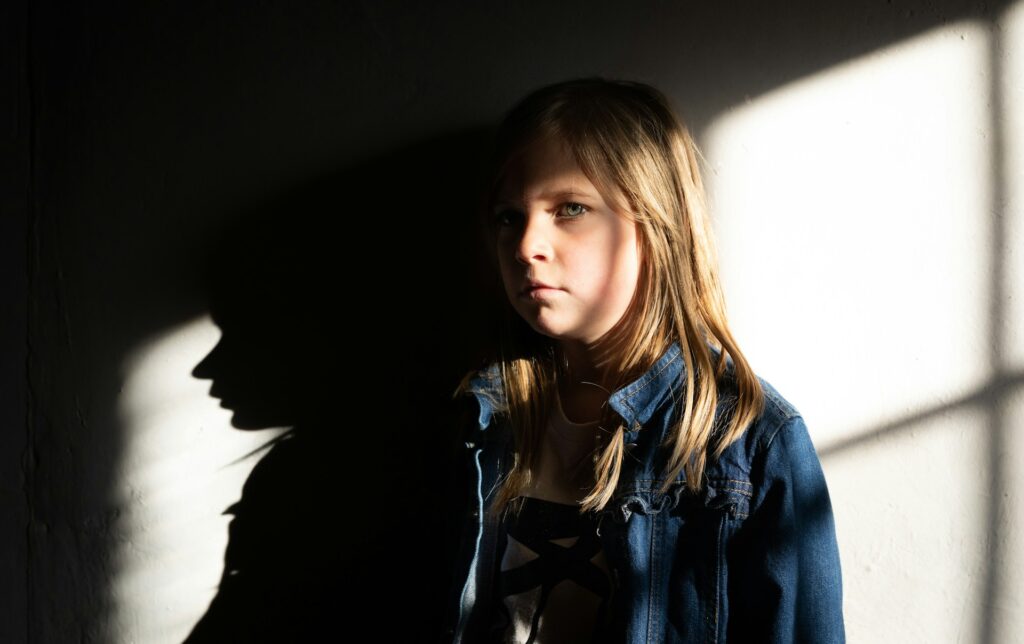
Finances can reveal favoritism in subtle ways. If your sibling received more money for hobbies, clothing, or education, it may have signaled unequal value placed on you. While families often face economic challenges, patterns of consistently favoring one child financially point toward favoritism. This could have shown up in how birthdays were celebrated, how much was invested in school activities, or even who got help with college. Adults who grew up this way often notice a lingering sense of unfairness about money and support.
14. Your Mistakes Were Exaggerated

Mistakes are part of learning, but if yours were blown out of proportion while your sibling’s were minimized, it likely revealed favoritism. Parents may have reacted more strongly to your small errors, treating them as evidence of irresponsibility. Meanwhile, your sibling may have been excused with “everyone makes mistakes.” This double standard teaches children that they are under constant scrutiny. Adults who grew up with exaggerated criticism often become highly self-critical, fearing failure more than others.
15. You Felt Invisible at Family Events
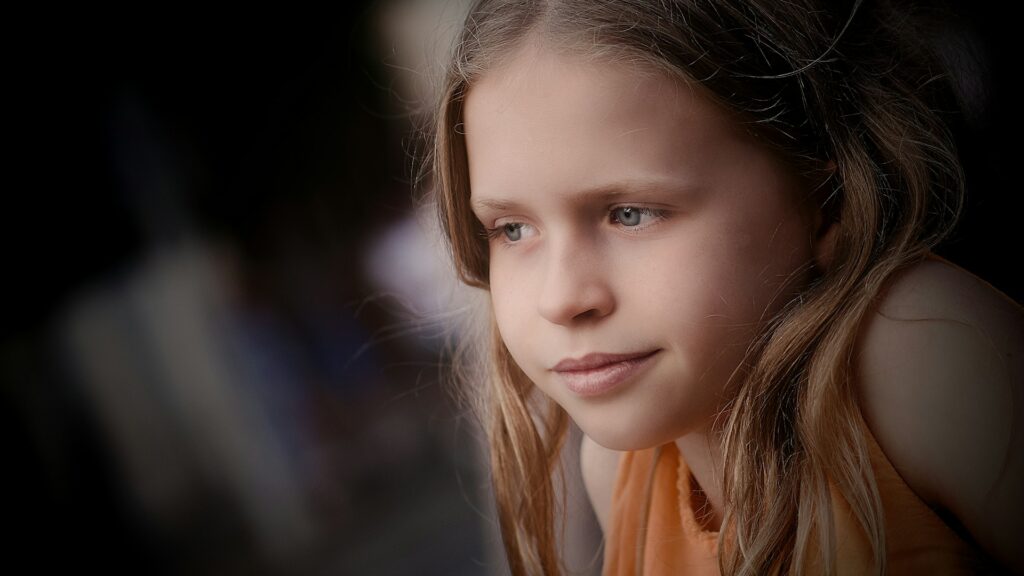
Family gatherings can highlight favoritism, especially when relatives focus more on one child. If you often felt invisible while your sibling received attention, it reinforced feelings of being overlooked. For example, grandparents, uncles, or aunts may have remembered your sibling’s hobbies or school achievements while forgetting yours. Feeling invisible in social settings can leave lasting marks. Many adults who grew up this way avoid group environments because they expect to feel unimportant.
16. You Were Rarely Defended

Children rely on parents for protection. If you often faced blame, bullying, or conflicts without support while your sibling was defended, it may have revealed unequal loyalty. Being left to handle problems alone teaches children that they cannot rely on their parents. Over time, this can lead to difficulties in trusting others. Adults who lacked defense as children may struggle to ask for help, fearing abandonment or rejection.
17. You Were Left Out of Special Moments

Families bond through shared moments, but if you were excluded from outings, trips, or meaningful conversations, favoritism may have been present. These exclusions might have seemed small at the time, but they carry weight. If your sibling was invited to spend special time with a parent while you were left behind, the imbalance was clear. Feeling excluded reinforces the sense of not being central to the family. Adults who experienced this often feel detached from family traditions.
18. You Were Treated as the Caretaker
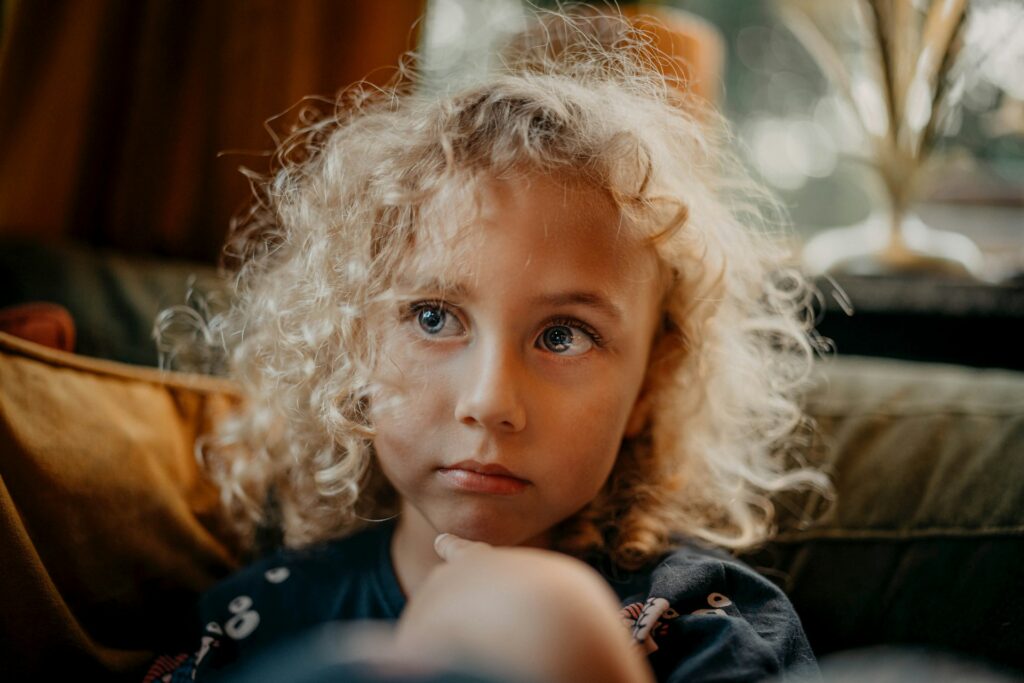
In many families, the less favored child is expected to act as a caretaker for siblings. If you were tasked with babysitting, cooking, or managing responsibilities that your sibling was spared, you likely lost part of your childhood. This expectation is unfair because it shifts the role of a child into that of a parent. While responsibility can be positive, being forced into the caretaker role signals favoritism and imbalance. Adults who grew up this way often struggle to set boundaries, since they were conditioned to put others first.
19. You Were Compared Academically

Academic favoritism can show when parents highlight one child’s grades while dismissing the other’s efforts. If your sibling’s report cards earned praise while yours were brushed off, it may have left you feeling inadequate. This comparison ignores that children have different strengths and learning styles. Many adults who grew up this way continue to measure themselves against others academically or professionally, struggling to feel good enough even when successful.
20. You Grew Up Craving Approval
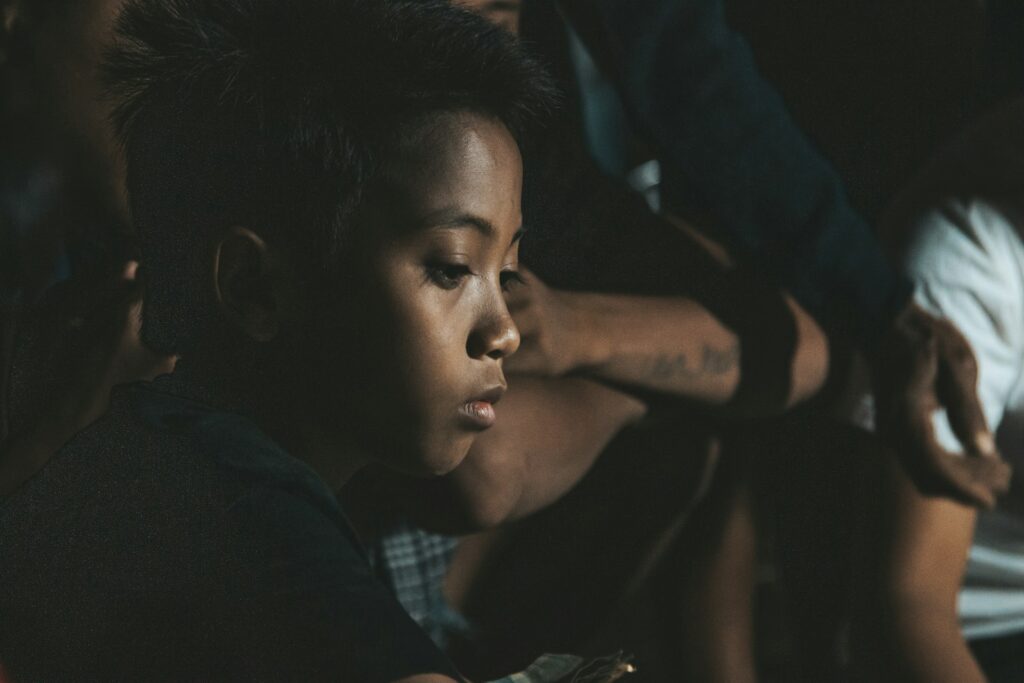
Perhaps the clearest sign of not being the favorite child is the emotional aftermath. If you grew up constantly seeking approval, validation, or affection that never seemed to come, it reflects the deep impact of favoritism. This craving often carries into adulthood, leading people to chase external validation in work, friendships, and relationships. It can also lead to difficulties with self-love, since approval was rarely unconditional in childhood. Recognizing this pattern is an important step toward healing and building a healthier sense of self.
Disclaimer: This article was created with AI assistance and edited by a human for accuracy and clarity.
